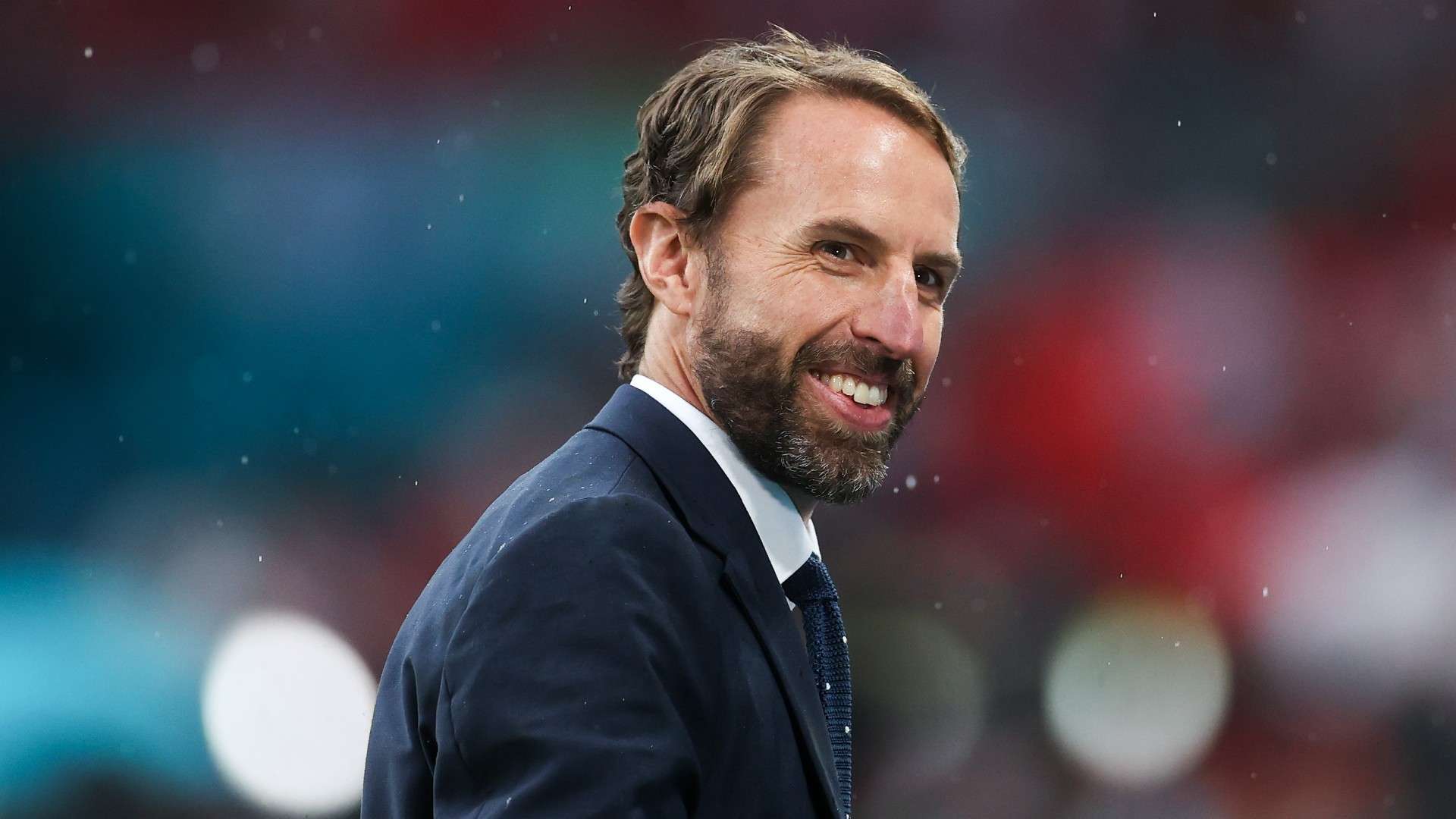Gareth Southgate says he is not totally opposed to Arsene Wenger’s proposals for holding a World Cup every two years, though he believes some of the Frenchman’s plans need more work.
The former Arsenal boss, now FIFA’s chief of global football development, approached the England manager for support for his plan to make the World Cup a biennial event.
The plans have been met with some opposition, most notably from UEFA, though Southgate believes a conversation needs to be had about the structure of the international calendar.
What did Southgate say?
FIFA's members approved the launch of a feasibility study about staging the World Cup every two years instead of four, after the proposal was submitted by the Saudi Arabian Football Federation.
That study is ongoing, but Wenger has been promoting the idea in recent weeks in meetings with key figures within the game.
Southgate is one of those to have met the Frenchman and he believes some of the ideas have merit.
“I met Arsene a couple of weeks ago, so I have a pretty good idea of the proposals,” said the Three Lions boss.
“There are many different strands, so there are bits I thought could work, bits I think need more consideration and bits that probably wouldn't work.
“As a traditionalist it feels you could lose some of the allure of the World Cup because the scarcity of it makes it more important.
“But I also get it that if you are a player who has an injury for the World Cup, you might only get one opportunity every eight years, and that is really tough.”
‘The whole calendar needs to be tidied up’
As well as having a biennial World Cup, Wenger’s proposals would also see fewer international breaks, with condensed qualification campaigns in October and March.
That, Wenger argues, would not add to players’ workload and would instead make international football more exciting by encouraging more meaningful games.
Southgate is in favour of schedule reform but is wary of anything that would result in more games and says all stakeholders in football need to be involved in its development.
"The whole calendar generally needs to be tidied up,” he added. “Fewer matches, better quality, but there are lots of other things that need consideration and we can't just add more in at the moment.
“We keep adding more competitions and I’m intrigued to see what comes out to allow that space to happen, because we can’t keep [increasing] the workload of the players.
“Everybody has to work together on the calendar. We talked about this after Covid.
“We have had some fixtures that have been so difficult. If you think back to last September when the players had not played a league game, then we were expected to play at a high level in international fixtures. We can’t keep adding in those things.
“But none of us in the game are holding our hands out for less money, so we also have to accept that comes with a consequence. There is a balance to all this, but across the board governing bodies have to work for a calendar that works for the leagues and confederations and for FIFA. It has to be coordinated. If we are looking that far ahead, there is no reason it can’t be.”
